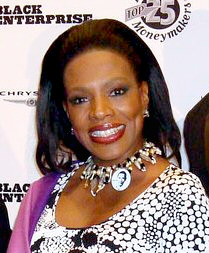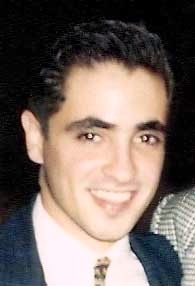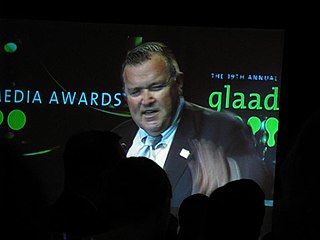A Quote by Barack Obama
I think it is important that we are targeting HIV/AIDS resources into the communities where we're seeing the highest growth rates. That means education and prevention, particularly with young people.
Related Quotes
I spent the past week here in India getting a sense of the reality of HIV and AIDS in people's lives. Fathers and mothers are dying, leaving children with no support. Stigma and discrimination is ruining the family lives. There is an urgent need for education, information, and increased awareness of HIV and AIDS. The response needs to be now. We cannot afford to become fatigued.
Children who have lost parents to HIV/AIDS are not only just as deserving of an education as any other children, but they may need that education even more. Being part of a school environment will prepare them for the future, while helping to remove the stigma and discrimination unfortunately associated with AIDS.
The best way to deal with AIDS is through education. So we need a really widespread AIDS education program. In fact, what we need in Burma is education of all kinds - political, economic, and medical. AIDS education would be just part of a whole program for education, which is so badly needed in our country.

































